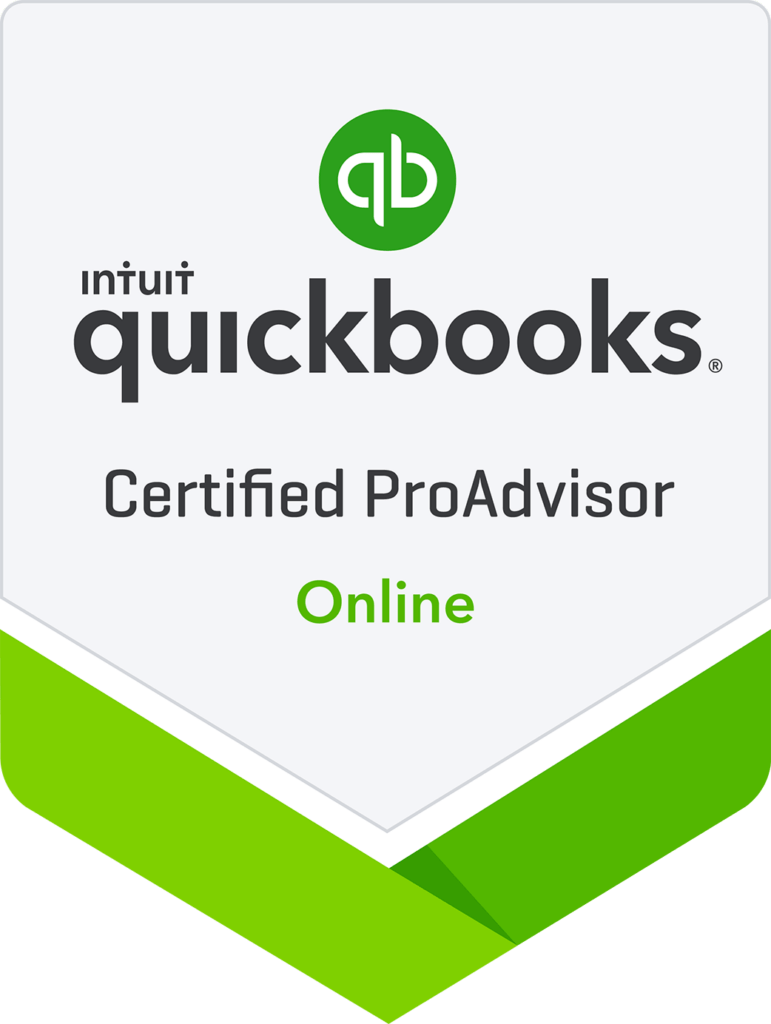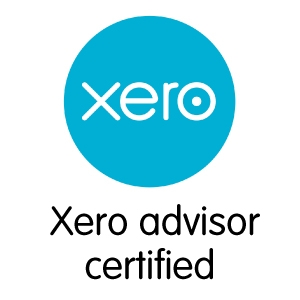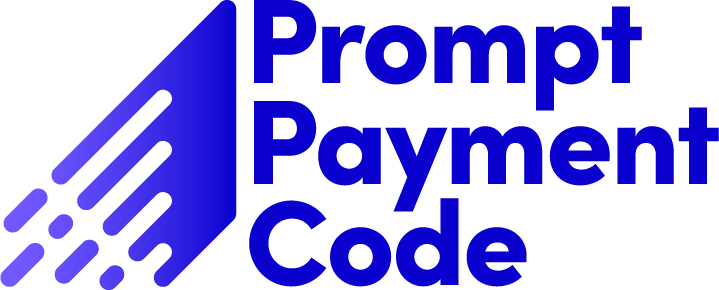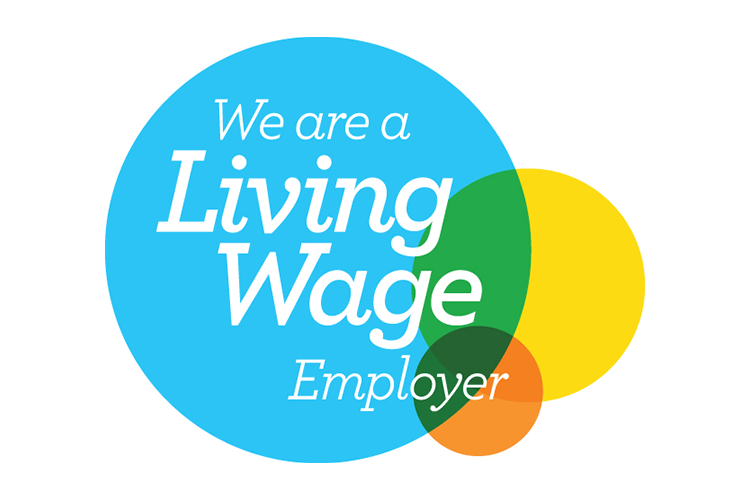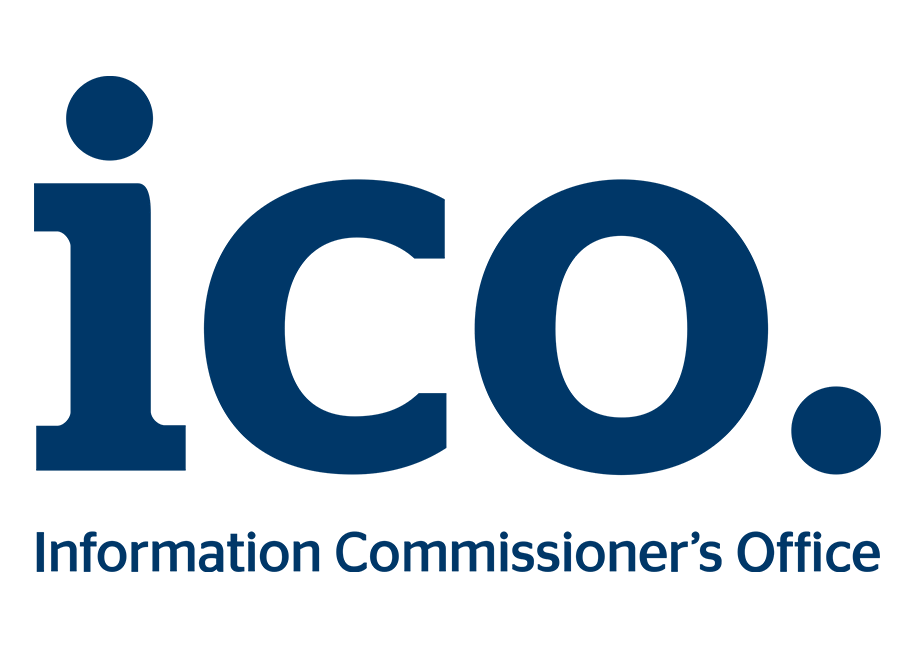Accounting tips for small businesses
Running a small business can be both exciting and challenging. However, it is important to keep your finances in order. Accounting is a vital aspect of business management that should not be overlooked. However, many small business owners find accounting intimidating or overwhelming. This blog aims to demystify accounting for small businesses and provide you with essential accounting tips and strategies to master effective financial management.
Understanding the Basics of Accounting
Accounting involves tracking, analysing, and interpreting financial information to make informed business decisions. Before diving into the more complex aspects of accounting, it’s crucial to grasp the fundamental concepts. Here are some key terms to familiarise yourself with:
- Assets, liabilities, and equity
- Revenue and expenses
- Balance sheet and income statement
Setting Up Your Accounting System
To effectively manage your finances, you need a reliable accounting system. Here are the steps to set up your accounting system:
- Choose the right accounting software: Research and select accounting software that suits your business needs and budget.
- Chart of accounts: Create a chart of accounts tailored to your business. This chart categorises income, expenses, assets, and liabilities.
- Record-keeping: Develop a systematic approach to recording financial transactions, including sales, purchases, and expenses.
Maintaining Accurate Financial Records
Accurate and up-to-date financial records are essential for small business owners. Here’s how you can ensure your records are accurate:
- Regular bookkeeping: Set aside dedicated time each week or month to update your books and reconcile accounts.
- Organised documentation: Keep all invoices, receipts, and financial documents organised and easily accessible.
- Bank reconciliation: Regularly reconcile your bank accounts with your accounting records to identify any discrepancies.
Budgeting and Cash Flow Management
Budgeting and cash flow management are crucial for the financial health of your small business. Consider the following:
- Create a budget: Develop a comprehensive budget that outlines your projected revenue and expenses. Review and adjust it periodically.
- Cash flow forecasting: Analyse your cash inflows and outflows to ensure you have enough funds to cover your obligations.
- Monitor and control expenses: Regularly review your expenses and identify areas where you can cut costs without compromising quality.
Tax Compliance
Understanding and complying with tax obligations is essential for small businesses. Consider the following tax-related aspects:
- Register for taxes: Determine the taxes applicable to your business and register with the appropriate tax authorities.
- Track tax deadlines: Stay updated with tax filing and payment deadlines to avoid penalties.
- Seek professional assistance: Consider consulting a tax professional to ensure accurate tax calculations and compliance with regulations.
Engage with an Accountant or Bookkeeper
As a small business owner, you have numerous responsibilities. Engaging with an accountant or bookkeeper can alleviate your accounting burdens and provide valuable insights. They can assist with financial reporting, tax preparation, and strategic financial planning.
Gaining a good understanding of accounting is vital for the success of small businesses. By understanding the basics, setting up an efficient accounting system, maintaining accurate records, managing cash flow, and complying with tax obligations, you can take control of your business’s financial health. Remember, seeking professional assistance when needed can further optimise your accounting processes. Embrace these accounting practices, and you’ll be well-equipped to navigate the financial landscape of your small business with confidence and efficiency.




